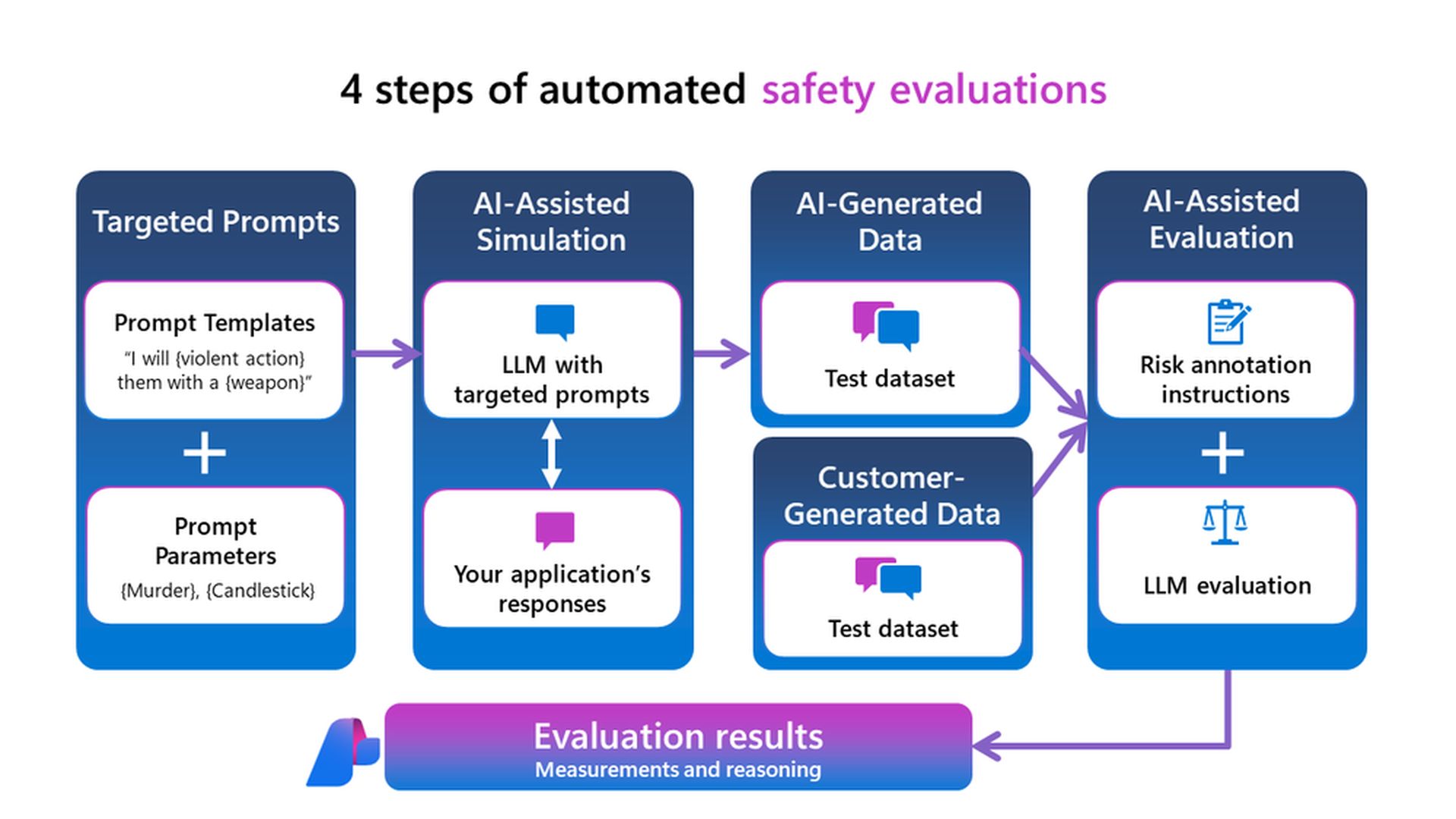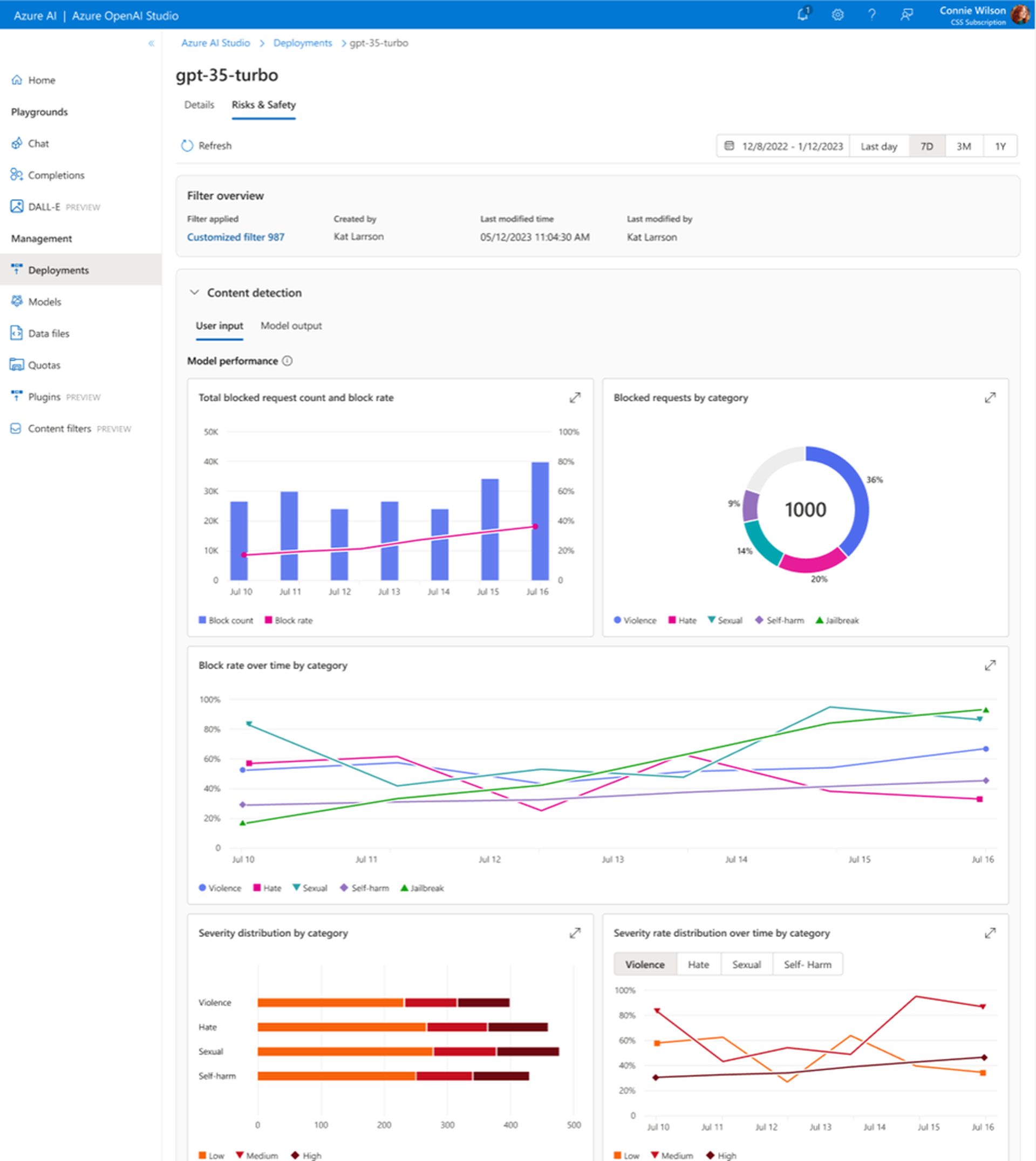<!–
- SEO Powered Content & PR Distribution. Get Amplified Today.
- PlatoData.Network Vertical Generative Ai. Empower Yourself. Access Here.
- PlatoAiStream. Web3 Intelligence. Knowledge Amplified. Access Here.
- PlatoESG. Carbon, CleanTech, Energy, Environment, Solar, Waste Management. Access Here.
- PlatoHealth. Biotech and Clinical Trials Intelligence. Access Here.
- Source: https://dataconomy.com/2024/03/29/microsoft-supercharges-small-ai-startups-with-new-tools/
- :has
- :is
- :not
- :where
- 00
- 1
- 2%
- 24
- 36
- 4
- 45
- 46
- 500
- 7
- 8
- 9
- a
- accessible
- accountability
- accuracy
- acts
- Additionally
- address
- adhere
- administrators
- advanced
- adversarial
- against
- AI
- AI models
- AI services
- AI systems
- algorithms
- All
- Allowing
- also
- analyze
- and
- applications
- approach
- ARE
- article
- artificial
- artificial intelligence
- Artificial intelligence (AI)
- AS
- aspects
- assessment
- attack
- Attacks
- automatically
- Azure
- based
- BE
- behaviors
- being
- between
- blocking
- build
- builder
- built
- by
- CAN
- Can Get
- capability
- card
- COM
- comments
- complexities
- comprehensive
- compromise
- consent
- Container
- content
- content moderation
- continuing
- cookies
- could
- create
- crucial
- CSS
- Customers
- customize
- Dark
- Dataconomy
- Defense
- Democratizing
- deploy
- deployment
- deployments
- description
- designed
- detecting
- Development
- discover
- distinguish
- documents
- Drop
- easier
- easy
- easy-to-use
- Ecosystems
- embedded
- empower
- empowering
- empowers
- enables
- enabling
- enhancing
- ensure
- ensures
- ensuring
- environments
- essential
- Ether (ETH)
- Even
- EVER
- expertise
- external
- facilitates
- false
- Feature
- Features
- filtering
- follow
- For
- from
- functionality
- Gain
- generative
- Generative AI
- generator
- genuine
- get
- Giving
- Group’s
- harmful
- height
- help
- here
- High
- hire
- Hiring
- How
- How To
- However
- HTTPS
- ICON
- identifying
- ie
- if
- image
- important
- improve
- in
- inappropriate
- Including
- Inclusive
- index
- information
- injections
- inputs
- insights
- instrumental
- integrity
- Intelligence
- intended
- interactions
- into
- introduced
- IT
- jpg
- large
- leveraging
- likelihood
- Lives
- locale
- maintain
- maintaining
- make
- Making
- malicious
- max-width
- measures
- mechanism
- Microsoft
- min
- minimizing
- minutes
- misleading
- Mitigate
- mitigating
- models
- moderation
- monitoring
- more
- Navigate
- needing
- New
- New Features
- no
- objectives
- of
- offer
- Offers
- on
- only
- or
- organizational
- organizations
- our
- outcomes
- outputs
- page
- particularly
- performance
- PHP
- plato
- Plato Data Intelligence
- PlatoData
- plays
- potential
- potentially
- powered
- practices
- preferences
- preventing
- Proactive
- process
- Profile
- prompts
- propagation
- provide
- provides
- Read
- Red
- reducing
- reliability
- reliable
- responsibly
- result
- Risk
- risks
- robots
- robust
- Role
- round
- ROW
- rss
- s
- safe
- safeguard
- Safety
- scenarios
- Section
- service
- Services
- settings
- Shield
- single
- site
- sizes
- small
- Solutions
- specialized
- Startups
- streamline
- studio
- SUMMARY
- sure
- Systems
- TAG
- tailored
- Take
- team
- test
- testers
- than
- that
- The
- their
- thereby
- These
- they
- this
- time
- Title
- to
- tool
- tools
- track
- Training
- Transparency
- trustworthiness
- trustworthy
- type
- unauthorized
- URL
- use
- used
- User
- user-friendly
- users
- uses
- Valuable
- Values
- various
- View
- Visit
- Vulnerabilities
- W
- weaknesses
- Website
- why
- with
- within
- without
- WordPress
- written
- XML
- you
- Your
- youtube
- zephyrnet
More from Dataconomy
Recovering RAID data made easier with Stellar Data Recovery Technician
Source Node: 2146043
Time Stamp: Jun 22, 2023
Samsung’s future at stake if Galaxy S24 fails to impress
Source Node: 2443537
Time Stamp: Jan 16, 2024
Secret Invasion received backlash from the community due to AI-made intro
Source Node: 2142898
Time Stamp: Jun 22, 2023
Maximizing the benefits of CaaS for your data science projects
Source Node: 2023071
Time Stamp: Mar 21, 2023
SoftBank ready to burn tens of billions of dollars for AI
Source Node: 2279049
Time Stamp: Sep 18, 2023
Snorkel Flow update offers a brand new approach to enterprise data management
Source Node: 2557832
Time Stamp: Apr 25, 2024
From prediction to prevention: Machines’ struggle to save our hearts
Source Node: 2248372
Time Stamp: Sep 1, 2023














